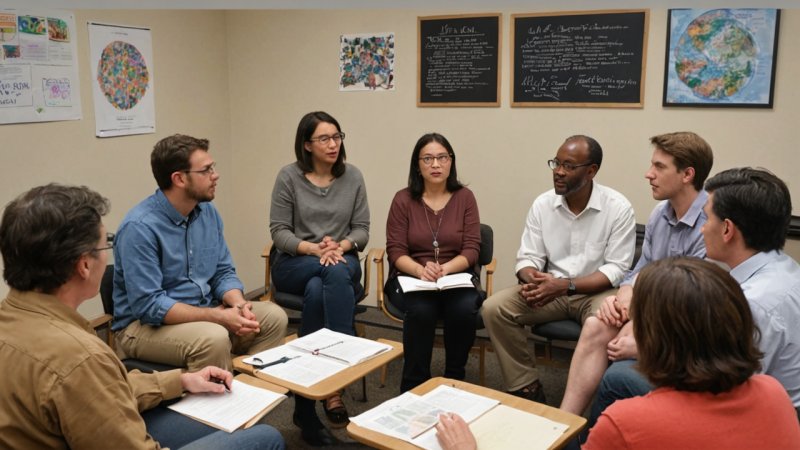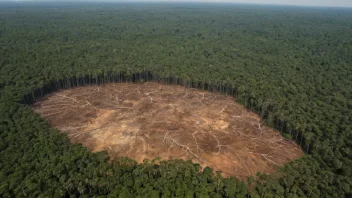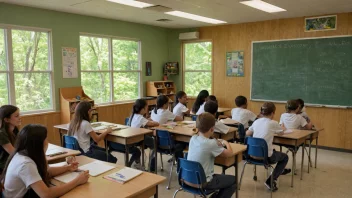In the face of pressing global challenges such as climate change, social inequality, and political unrest, the humanities provide essential insights into the human experience. Unlike the sciences that often focus on quantitative data and technical solutions, the humanities explore the qualitative aspects of human life, offering perspectives that deepen our understanding of these complex issues. By engaging with history, literature, philosophy, and the arts, we can better comprehend the underlying causes of global challenges and the human stories that accompany them.
One of the primary contributions of the humanities is their ability to foster empathy and cultural sensitivity. Literature and storytelling allow us to step into the shoes of others, exposing us to different cultures, struggles, and worldviews. For example, novels that depict the experiences of marginalized communities can illuminate the systemic barriers they face, fostering a sense of connection and urgency to address social justice issues. Engaging with diverse narratives enriches our understanding of global challenges and enhances our capacity for compassion and solidarity.
Philosophy also plays a crucial role in addressing global issues by encouraging critical thinking and ethical considerations. Many contemporary challenges, such as climate change and artificial intelligence, raise profound ethical questions about responsibility, justice, and the future of humanity. Through philosophical inquiry, we can explore concepts like environmental ethics, which examines our moral obligations to the planet and future generations. This kind of critical engagement is vital for shaping policies that are not only effective but also just and equitable.
History serves as another essential tool for understanding global challenges. By studying past events, we can uncover the root causes of current problems and recognize patterns in human behavior. For instance, analyzing historical instances of social movements can provide valuable insights into the dynamics of change and resistance in contemporary society. Understanding how past societies have responded to crises helps inform our current strategies for addressing issues like inequality and human rights abuses.
Moreover, the arts offer powerful avenues for expression and reflection on global issues. Artists often respond to social and environmental challenges through their work, raising awareness and prompting dialogue. Art can provoke emotions and inspire action in ways that statistics and reports cannot. For example, installations that highlight the impacts of climate change can visually convey the urgency of the issue, mobilizing communities to take action.
Education that incorporates the humanities fosters critical thinking skills and prepares individuals to engage thoughtfully with global challenges. By encouraging students to explore diverse perspectives, educators can cultivate a generation of informed citizens who are equipped to tackle complex issues collaboratively. Interdisciplinary approaches that blend the humanities with scientific and technical disciplines can lead to innovative solutions that consider both human and environmental dimensions.
In conclusion, the humanities are indispensable in our quest to understand and address global challenges. They cultivate empathy, promote ethical reflection, and provide historical context, enabling us to navigate the complexities of the human experience. As we confront the pressing issues of our time, the insights from the humanities will be crucial in shaping a more just and sustainable future for all.
Understanding Global Issues Through the Humanities
Exploring the role of humanities in understanding and addressing global challenges.






